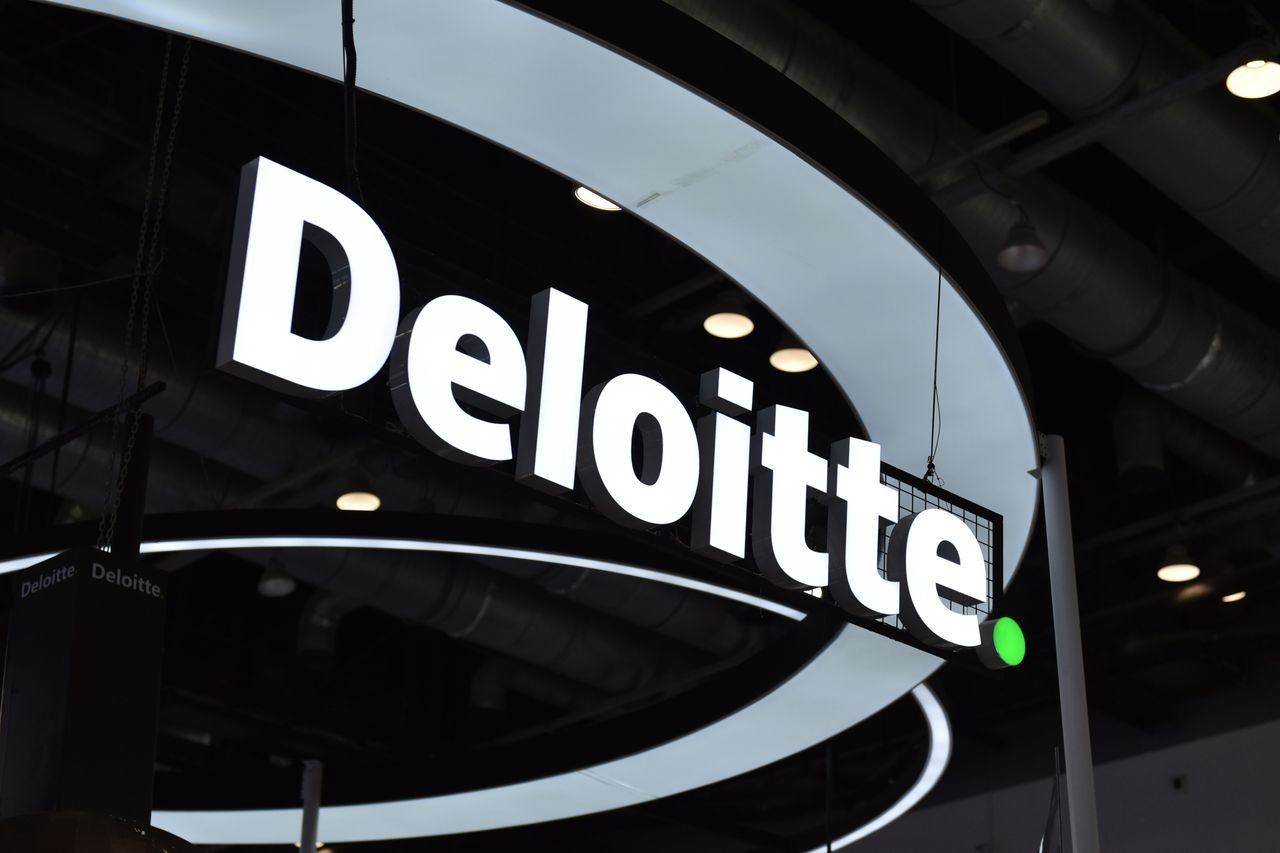
Sustainability and ESG News
KPMG Study: Emerging Markets Embrace Green Investments
Emerging market companies are increasingly turning to sustainable finance to meet rising decarbonization targets. A recent KPMG study reveals that 51% of these firms are leveraging sustainable finance options to drive their environmental goals.
Ohio and Oklahoma Challenge ESG Investing: A Growing National Debate
Ohio and Oklahoma are the latest states to push back against Environmental, Social, and Governance (ESG) investing. This move reflects a broader national debate on the role of ESG considerations in public finance and corporate governance.
Invesco fined by SEC Over Misleading ESG Investment Claim
The U.S. Securities and Exchange Commission (SEC) has fined Invesco $17.5 million for misleading claims about its ESG investments. This penalty highlights the importance of transparency and accuracy in ESG-related disclosures.
Deloitte’s 2024 CxO Sustainability Report: A Surge in Global Sustainability Investments
Deloitte’s 2024 CxO Sustainability Report reveals a significant increase in sustainability investments among global executives. The report highlights the growing importance of sustainability in business strategies and the innovative approaches companies are adopting to address climate change.
Sustainability Megatrends Report: Global Investors Reporting Higher Performance Yields after ESG Investing
Cushman and Wakefield’s recent Sustainability Megatrends Report reveals that 60% of global investors believe ESG investing leads to higher performance yields. This finding underscores the growing financial benefits of sustainability and the increasing demand for ESG-focused investment products.
ESG Considerations in M&A: Navigating the Changing Landscape
In the ever-evolving landscape of Mergers & Acquisitions (M&A), environmental, social, and governance (ESG) factors are gaining prominence. Deloitte’s 2024 M&A Trends Survey reveals that successful dealmakers embrace uncertainty, prioritize value creation, and bridge gaps between private equity and corporate approaches. By understanding and leveraging ESG considerations, companies can navigate the changing M&A landscape effectively.
EU Launches €650 Billion Climate City Capital Hub to Drive Net-Zero Goals
The European Commission has launched the Climate City Capital Hub to provide financial support and advice to cities aiming for climate neutrality. With a €650 billion investment target, this initiative will leverage public and private capital, supported by the European Investment Bank (EIB). A group of 112 cities committed to eliminating their net greenhouse gas emissions by 2030 will require a combined €650 billion in investments to fulfill this pledge, according to a European Union initiative.
Australia’s Regulatory Push Against Greenwashing
Australia is implementing strict ESG labeling requirements to combat greenwashing and promote transparency in sustainable investments. The regulations also include climate disclosure guidelines for large businesses and financial institutions. By 2027, Australia aims to create a robust ESG framework that aligns with global standards and fosters responsible capital flow. These measures reflect Australia’s commitment to authentic ESG practices and investor protection, positioning the country as a responsible financial hub in the APAC region.
EU Election Results and their Impact on ESG Investing
The recent European Union (EU) parliamentary elections have caused ripples in the sustainable investing world. With a notable shift towards right-wing and nationalist parties, the future of the EU’s ambitious sustainable agenda is now uncertain. The 2019 EU elections were dubbed a “green wave,” but this time, the Greens suffered losses, reflecting voter disenchantment with the perceived costs of the green transition. Populist parties are skeptical of the EU’s climate agenda, potentially affecting policies like the 2035 ban on new petrol and diesel cars. The fate of the EU’s Green Deal hangs in the balance, as right-wing parties gain influence in the European Parliament.
To Reach Net Zero, We Must Increase Spending by 19%
Achieving net-zero emissions by 2050 is still feasible but will require an additional $34 trillion investment in clean energy, representing a 19% increase over current projections, according to BloombergNEF. The report highlights the urgent need for enhanced support in sectors like electric vehicles, renewable energy, power grids, and carbon capture, amidst political resistance and economic challenges. Significant investments, particularly $1 trillion annually by the 2040s for infrastructure, are crucial to prevent severe economic damages from climate change, which could cost up to $59 trillion annually by 2050.
KPMG Report States that CEOs Expect to See a ROI in Sustainability within 3-5 Years
The 2024 KPMG U.S. CEO Outlook Pulse Survey reveals that CEOs prioritize sustainability initiatives despite challenges like inflation and supply chain disruptions. It also reports that CEOs anticipate significant returns from these investments within three to five years, recognizing sustainability as a core business strategy for revenue growth. CEOs also focus on digitization, talent management, and addressing generative AI's challenges, emphasizing responsible deployment. Overall, the survey highlights CEOs' commitment to integrating sustainability into core business practices and leveraging technology for long-term value creation.
Global Investments in Clean Energy Technology has Increased 17%
Global investment in the low-carbon energy transition hit a record $1.77 trillion in 2023, up 17%, according to BloombergNEF's Energy Transition Investment Trends 2024 report. Electrified transport, growing 36% to $634 billion, outpaced renewable energy spending at $623 billion. China led in investment with $676 billion, but the EU, US, and UK collectively exceeded China with $718 billion. The report underscores the need for an annual average of $4.8 trillion from 2024 to 2030 to achieve net-zero goals. Clean energy supply chain investment reached $135 billion in 2023, projected to rise to $259 billion by 2025. Trends in climate-tech equity raising ($84 billion) and energy transition debt issuance ($824 billion) show declining equity and rising debt, with utilities leading in debt issuance, and oil and gas companies' issuance decreasing.
Capgemini Survey Reveals an Optimistic Future for Sustainability
Global business leaders are increasingly optimistic about sustainability, with 52% planning to boost investments in 2024. The survey by Capgemini Research Institute involved 2,000 leaders across 15 countries, revealing a rise in confidence, with 56% anticipating future sustainability investments. This shift is driven by increasing awareness of climate disruptions' impact on businesses and government incentives. Government programs like the Inflation Reduction Act and the Green Deal Industrial Plan are influencing climate awareness and sustainable investment plans, with a great number of organizations planning to invest in clean energy technologies.
New “EBF” Framework May Revolutionize the ESG Industry
A new investing framework called the “Ecological Benefits Framework” can provide a new sense of transparency and accountability in the investing industry.
Brazil to Implement Mandatory Sustainability Reporting Following ISSB Standards
Brazil's Securities and Exchange Commission (CVM) and Ministry of Finance recently declared that public companies in Brazil will be mandated to report on sustainability and climate-related disclosures starting in 2026. The CVM stated that the new reporting requirements will align with the latest standards released by the International Sustainability Standards Board (ISSB) and will follow a phased approach, commencing with voluntary reporting in 2024.
BlackRock Pioneers Climate Transition-Oriented Private Debt Fund
BlackRock, the world's largest asset manager, is introducing a new fund to the private credit market that embraces the burgeoning trend of ESG (Environmental, Social, and Governance) investing in the US. Known as the Climate Transition-Oriented Private Debt (CPD) Fund, this initiative is part of BlackRock's extensive investment platform, valued at over $100 billion.
The Biden-Harris Administration's $11 Billion Investment: Developing Clean Energy for Rural America
This week, there was a major turning point in the United States’ commitment to sustainability and environmental stewardship. The Biden-Harris Administration's recent announcement of an unprecedented $11 billion investment plan for the creation of clean energy programs across rural America is the largest investment of this kind that the states have ever seen and is guaranteed to have residual impacts. This significant investment has the potential to accelerate the shift to renewable energy, stimulate economic growth, and combat climate change challenges.

















